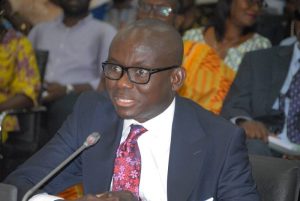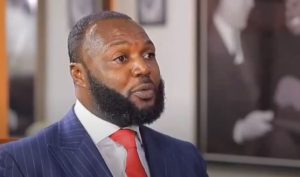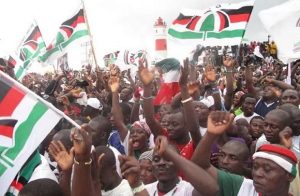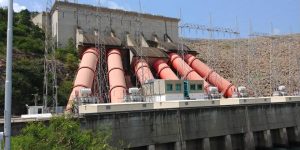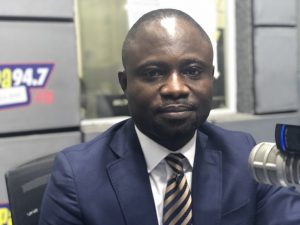One-time broadcast journalist and Member of Parliament for Tamale North, Alhassan Suhuyini, believes Ghana’s effectiveness as a media-friendly country, has deteriorated under the government of President Nana Akufo-Addo.
According to him, there seems to be a culture of silence under President Akufo-Addo’s administration.
He made the statement in reference to attacks on some journalists in the country, the latest being the manhandling of Citi FM and Citi TV’s Caleb Kudah.
Mr. Kudah was detained and assaulted by National Security operatives for filming abandoned MASLOC vehicles parked at the premises of the security agency.
Speaking to Umaru Sanda on Face to Face on Citi TV about Press Freedom under President Akufo-Addo, Mr. Suhuyini stated that the president’s response to criticisms and issues of concern comes off as intimidating, and impedes press freedom in the country.
“It’s true that a rancorous media is better than no media, but what has he done? For the first time in the Fourth Republic, he is the only President that has supervised the closure of media houses on the scale that it has happened. Our effectiveness as a media-friendly country has deteriorated under President Akufo-Addo’s watch. He prides himself on responding in an intimidating manner, so much so that the media is beginning to talk about the culture of silence, but he has the right to respond. All previous presidents have always had the right to respond.”
“In fact, I dare say that President Mahama was the most readily available president to respond to criticisms. In fact, some of his handlers said that he responded too often to some issues because each time he responded, it led to more propaganda, but he was always available. But not once did anybody feel intimidated or threatened by his responses. His Ministers were always responding to criticisms, but no media person ever felt like there was a culture of silence, so it must tell the President that it is not the right to respond or by the response of the government that people get intimidated and feel that there is a culture of silence; it is the nature, it is the blackmail, the subtle threats, cancellation of contracts, threats to withdraw businesses and, in some cases, the threat to lives that lead the likes of Manasseh to seek asylum somewhere for days,” he added.
The Media Foundation for West Africa, a civil society group, has identified over 150 incidents of violations against journalists since 2002, with the majority being physical attacks mostly perpetrated by security agencies.
In 2017, when Nana Akufo-Addo took office, at least 10 incidents were reported.
The following year on 27 March, Latif Iddrisu, a journalist with the Accra-based Joy News, sustained serious injuries after he was assaulted by police personnel while covering a protest march.
“Sadly, from all the incidents listed above and several others, no perpetrators have been punished. At best, the cases die with mere assurances of investigations by the police,” the Foundation said in its report.
Critiquing the work of journalists not an attack on media freedom – Akufo-Addo
The President has said that critiquing the work of the media can in no way be described as “an attack on media freedom.”
Speaking at the African Journalists’ Leaders Conference on Tuesday, 1st June 2021, President Akufo-Addo said, “there seems to be an emerging narrative, which is being proffered by some in Ghana, that critiquing the work of a journalist constitutes an attack on media freedom. That certainly cannot be described as an attack on media freedom.”
He continued: “Having the freedom to criticize and oppose should also mean that the media is ready to accept and work with criticisms of its work by the citizenry or officialdom. That, for me, is one of the surest ways of improving the public discourse of our respective countries, and we should all strive towards realizing this.”


